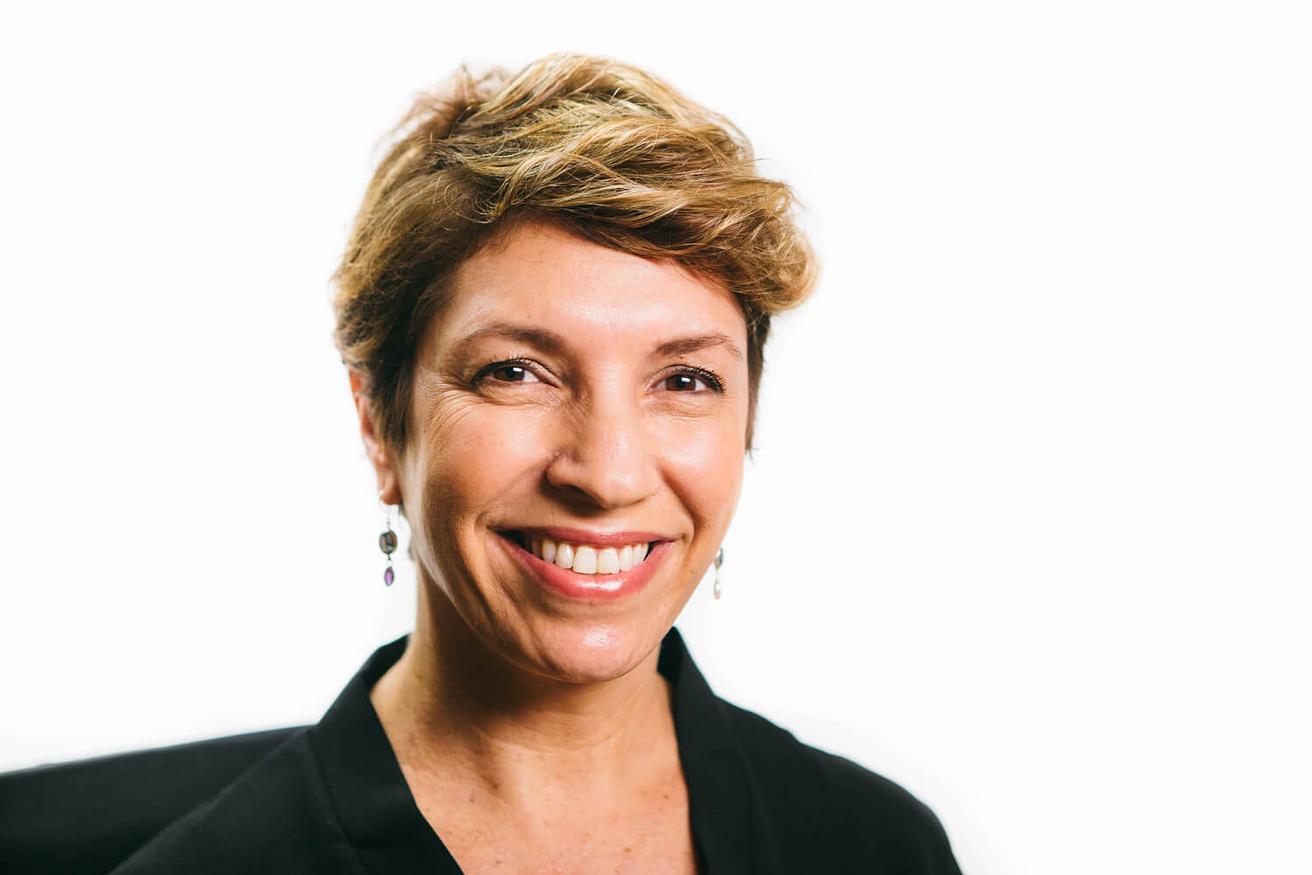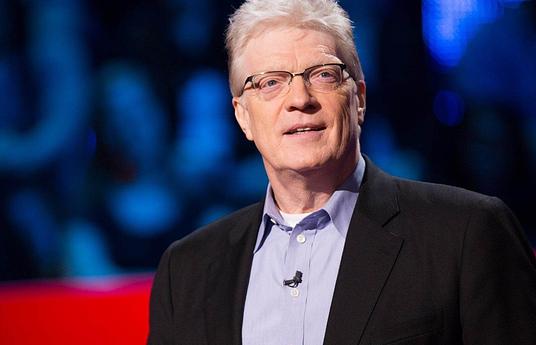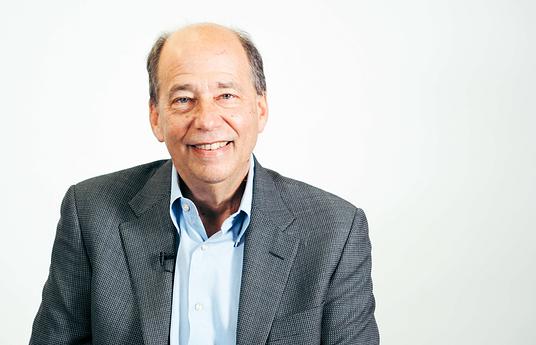Dr. Joanne Orlando is Senior Lecturer of Early Childhood Education at Western Sydney University. A leader in the field, her research focuses on early childhood use of technology.
SKILLS
What are the skills we need to be teaching our children?
Traditional skills are still needed - we still need good literacy skills, good numeracy skills, good social skills and to apply those to various curriculum areas. I think they will always be there, but the ways in which we ask children to learn them will be different.
A number of those skills need to be extended, for example the skill to communicate well with someone socially online. I see that as a new basic - if you communicate via text, email or by any online source badly it’s just the same as doing it badly face-to-face.
In terms of literacy, reading and writing and being able to communicate well are important, but again, being able to do those online is super important. They’re learning the same things, but they are extending the skills and the places that knowledge is applied to.
How can we ensure that children are learning these skills?
I don’t think that anyone is 100 percent sure yet how to do it, because the state of innovation and technology is so fast that we are just trying to keep up.
We are all using our own technology, but we use it in different ways to children. Even just being connected to kids - and by that I mean continually talking to children that you are teaching, children that you have a relationship with, children that you are seeing as part of your research is so important. Those continual conversations and being interested in how they are learning, what they are doing and keeping up to date in that way, rather than standing afar and gazing as an observer.
TEACHERS
What is the role of the teacher?
The role of the teacher has stayed the same for quite a while. There’s always that need for someone to be guiding you, to be looking after your interest and to be working with you in a way that extends your knowledge and how well you feel as a learner, how empowered you feel. That’s something that’s constant.
The teacher needs to adapt the way that they are guiding according to the learning spaces that children are in and the content that they’re working with. I don’t think it necessarily has to be a complete change from what we are doing all the time.
There is a need for the teacher to read the students a little bit more and to aim towards personalised guidance. It doesn’t necessarily mean one-on-one or online all the time, but one of the great things about technology is that it offers us a choice - choice in the content we use, choice in how we work with other people and how we communicate. We need to head towards teachers being able to read their students and to select the appropriate strategies and resources each time.
What is the purpose of school if access to education is everywhere?
My area is early childhood education, so a key idea from that perspective is that we build on the interests and knowledge that children are learning at home and in social spaces. You build on them from pre-school, and that’s very much how early childhood education works.
I can’t see why it can’t continue to work like that through primary school and high school - it’s a personalised approach and a more empowering approach. If children are doing all these great things at home it makes so much sense that the teacher would know about them and work out ways to build on them in learning the subjects and the curriculum.
ASSESSMENT
How do you see the future of testing in schools?
Testing should change. The way we currently test is in complete contrast to the great ideas we have around education and how it should move forward.
A lot of governments and education systems have these two lines of thought - they’re putting a lot of investment and resources into technology and creative learning, yet they have these standardised tests and are making the results of these tests very important. Policymakers need to make a decision on which way they actually want to go and then stay with that decision.
It is logical to have a bigger investment on the creative side because we know twenty-first-century skills such as problem-solving and collaboration amongst other things that we see working, make so much more sense than moving back to these very old-fashioned standardised tests.
ENVIRONMENTS
What would the best learning environment be?
I’m doing a study at the moment into children’s use of technology. I find it an absolutely fascinating study, because children are really following their interests when using technology at home. They’re learning so many skills on their own. They’ll look up something on YouTube or Skype with their friends, they are using a whole lot of resources in their home to pursue their interests.
That’s gold and I think if we can build on that in the school environment, that’s even better. Being able to see children as capable learners is a big part of the change that’s needed.
LEADERSHIP
What role should government play in education?
We still need guidance - that big picture from government and policymakers is really important because often we are working in our own localized environment. We do need someone who knows what’s happening across relevant environments.
The policymaker doesn’t have to be someone who isn’t part of one of those environments. It can be a collection of people from localized groups into one big picture group. I think the big picture role is about guidance, but it is also very much about staying connected with the people who are working in schools, in childcare and in education at all levels.
PERSONAL MEMORY
Do you have a favorite memory from your own education?
I really enjoyed going to school and I’ve always liked having a say in education. I was given the opportunity to do that years ago when school wasn’t really like that.
Also, there’s always been the teachers that you thought were really good teachers, they knew their stuff, were really nice to the students and very passionate about what they were teaching - that was very inspiring.
Did you have a favorite teacher?
There was one in my senior year of high school in Sydney - my English teacher, who was extraordinarily passionate about literature, the English language and having her students be a part of the class enjoying the literature with her. It was hard not to be affected by how passionate she was. Even the students that didn’t necessarily like English loved going to her class, because it was such a rich experience.
That’s the one thing we need to remember about teaching - it doesn’t matter if technology is being infused in every part of education, it’s that passion, whether communicated face-to-face or online, that’s the absolute crux of good teaching.
THE NEXT 100 YEARS
The next 100 years of Finnish education should... continue to be a great example for education in the world, and continue to connect with education systems around the world so that it isn’t so siloed between countries but is more of a global network enterprise where we are enjoying and using the great ideas that are coming out of each.
Finland has got a wonderful reputation in terms of education, but there are also great things happening in other countries. So pulling that knowledge is a really important direction, not just for Finland, but for other countries as well.
 To receive such articles directly in your inbox, subscribe to our newsletter!
To receive such articles directly in your inbox, subscribe to our newsletter!


